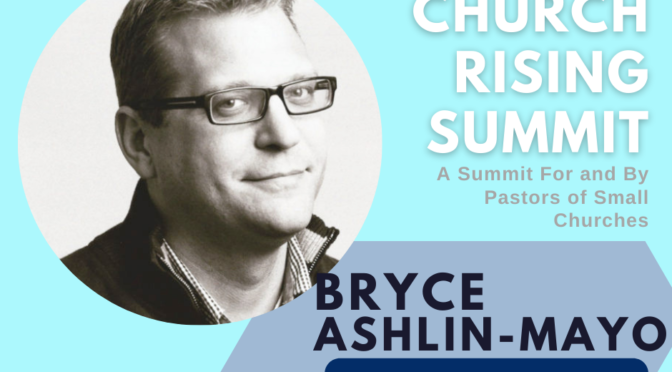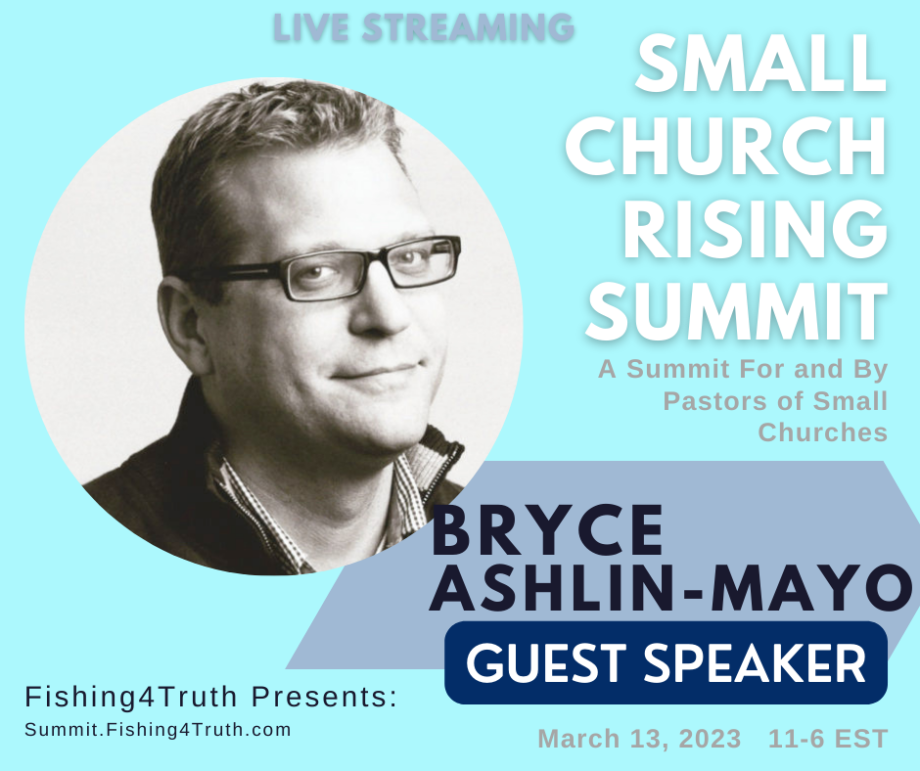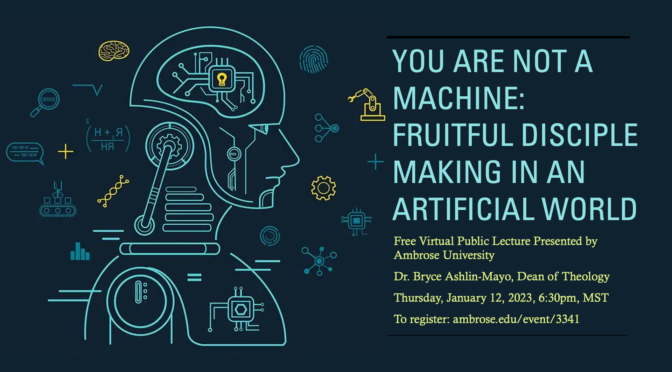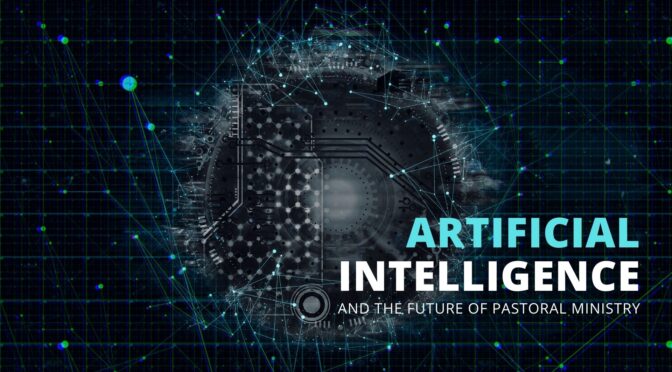About a year ago, I wrote the blog post: “What if God has stopped calling as many young people to traditional ministry?” I want to add to that with this post and provocative question: “What if the new wineskin that God is preparing for His new wine is not white?”
For those who don’t know me or my context, up until about two years ago I served as a local church pastor for twenty-five years. About two years ago, I took the role of Dean of Theology at Ambrose University and Seminary, where I oversee our undergraduate School of Ministry and our graduate Seminary. Although, like almost all undergraduate ministry preparation programs in Canada, we continue to see a slow decline in our undergraduate School of Ministry (which we are actively pursuing innovative solutions for), our Seminary is experiencing a very different trajectory. Over the last two academic years, we have experienced significant and unprecedented growth (50% increase in the number of students and 70% increase in the number of classes taken). Yes…you read that correctly: 50% and 70%!
There are several reasons for this: increased online educational opportunities, Chinese language options, church-embedded options, mid-career callings, and international students coming to Canada (many with their families) in response to God’s calling.
As Canada’s population is projected to double in the next 25 years (largely due to immigration)[1], I believe God is preparing called and gifted men and women from all over the world to lead the church in Canada into its multicultural future. From the quality of students at Ambrose Seminary, I am excited about the future of the Church in Canada.
As Canada becomes increasingly multicultural, so must leadership in the Canadian Church. God is answering our prayer for more men and women to serve; it just looks different than we expected. May the Church have eyes to see what God is doing and continue to support the sails of Christian higher education as it prepares to catch the wind of the Spirit and propel it into the future.
Please pray for Ambrose Seminary as we adapt and adjust to our growing and diverse student body. We want to be adaptive to the changing context of God’s mission and calling as we serve the Church; God is calling the Church to use new wineskins for the new wine He is making. Join me in praying that the Church embraces and celebrates the new skin and doesn’t look the same as it has in the past. What if the new wineskin that God is preparing for His new wine is not white?
The challenge I see is a narrative that the problem with theological education in Canada is that we need to just get shiny new buckets (online education, etc.) to get more water from a well that is not producing what it used to (young male Euro-Canadian pastors and leaders). Although this well has produced for decades (I was in this well), a shiny new bucket (online education, etc.) in a dry well doesn’t produce more water. I think God is doing a new thing for an increasingly multicultural Canada.
Don’t get me wrong, I am not against new buckets. I am a loud proponent of new and innovative church and theological education modalities. I am an advocate of new buckets. That said, God seems to be springing to life new wells for a new time, and the Church must adapt for its future.
This future will need churches and denominations to see New Canadian students and parishioners not just as people to reach and serve and reach but as people God has called and gifted to lead. Just as the future of Canada is not Euro-Canadian, neither is the future of pastors and leaders in the church.
I have Seminary students who want to serve in ministries and churches. These students are some of the most qualified and gifted students I have met, but because of the colour of their skin or their accents, they don’t get callbacks from churches when they seek to volunteer or apply for ministry positions. It is disturbing, but it is real.
When I talk to church leaders and tell them about what is happening at our school and update them about the increase in our Seminary, specifically about international students, it is often viewed as a distraction at best or illegitimate at worst. It is frustrating, but it is real.
So…what if there is no pending leader and pastor shortage in the church? What if the leadership shortage we have perceived is just because we are used to looking at an old well (young Euro-Canadian males) while God is bursting a new spring in a new well (non-white men and women from all over the world)? As someone who teaches at the edge of that new well, I can testify that it is overflowing with godly, gifted, and called leaders; they just look different than they did in the past.
May Jesus help us to see how He, in His mercy and sovereignty, is answering our prayers!
[1] https://financialpost.com/news/economy/canada-population-over-million-last-year





